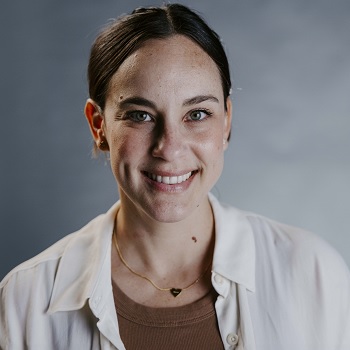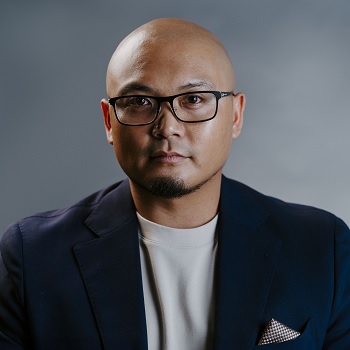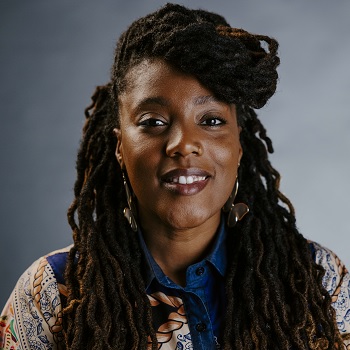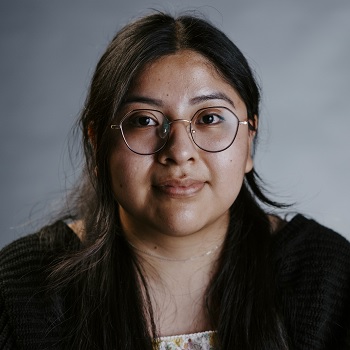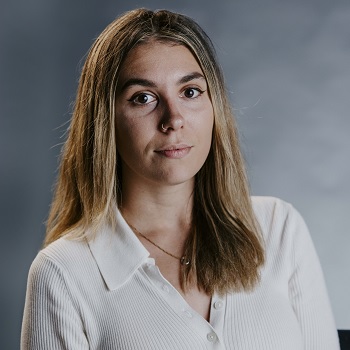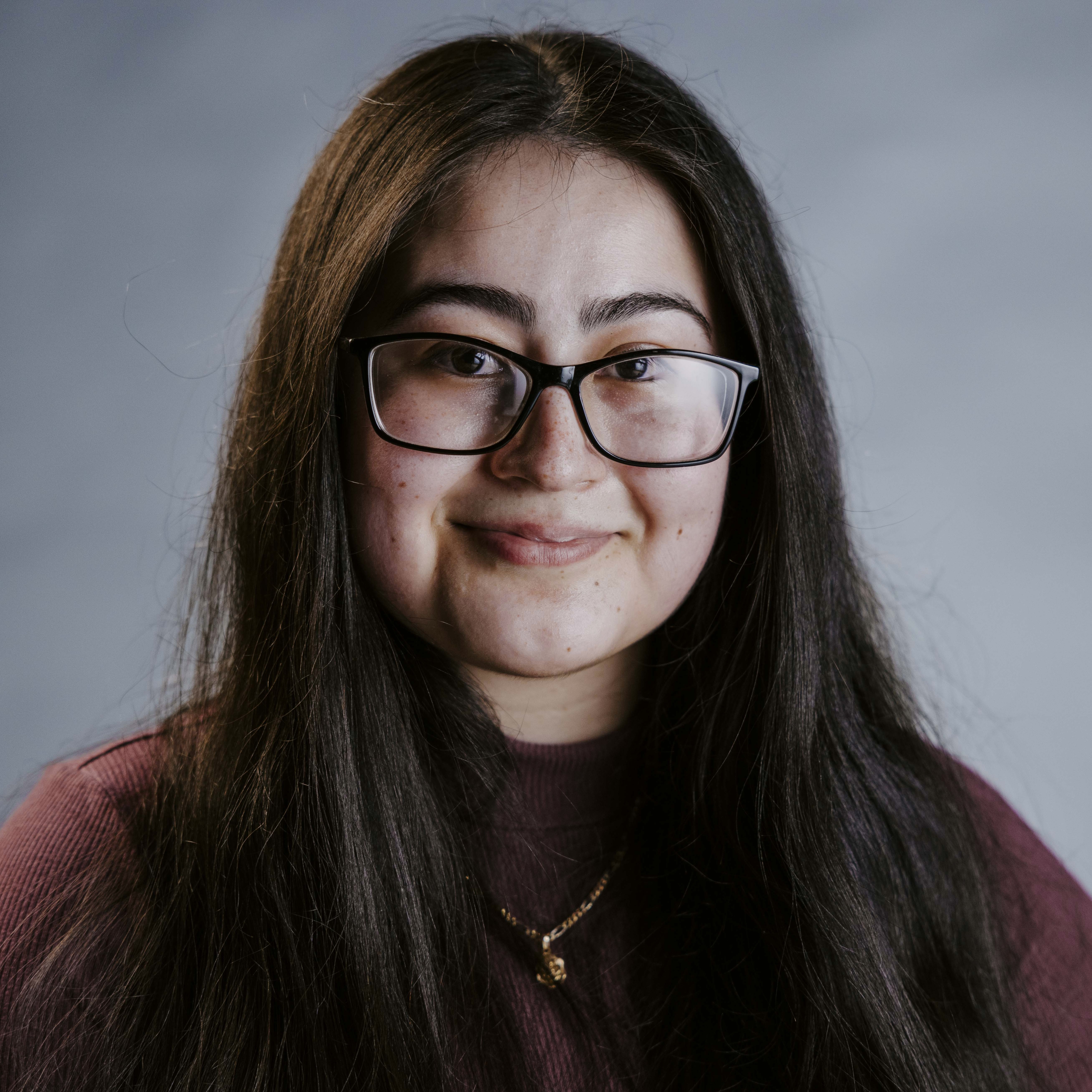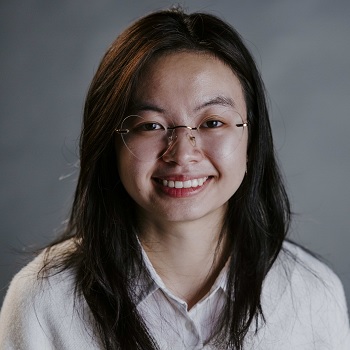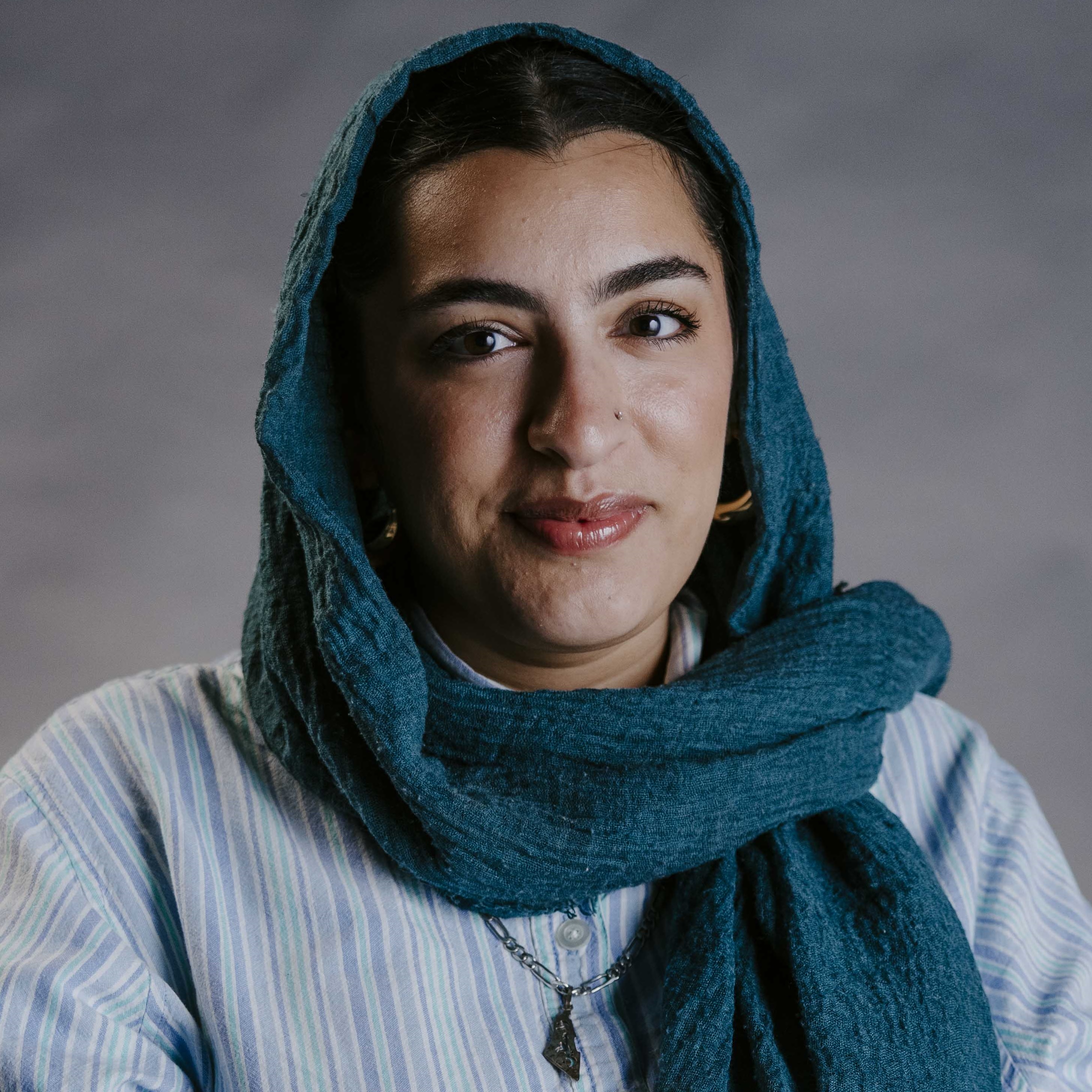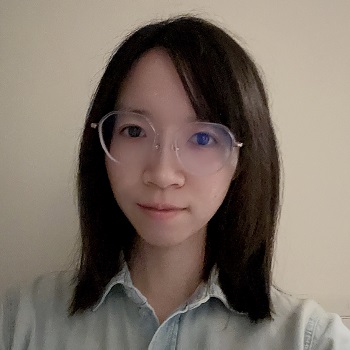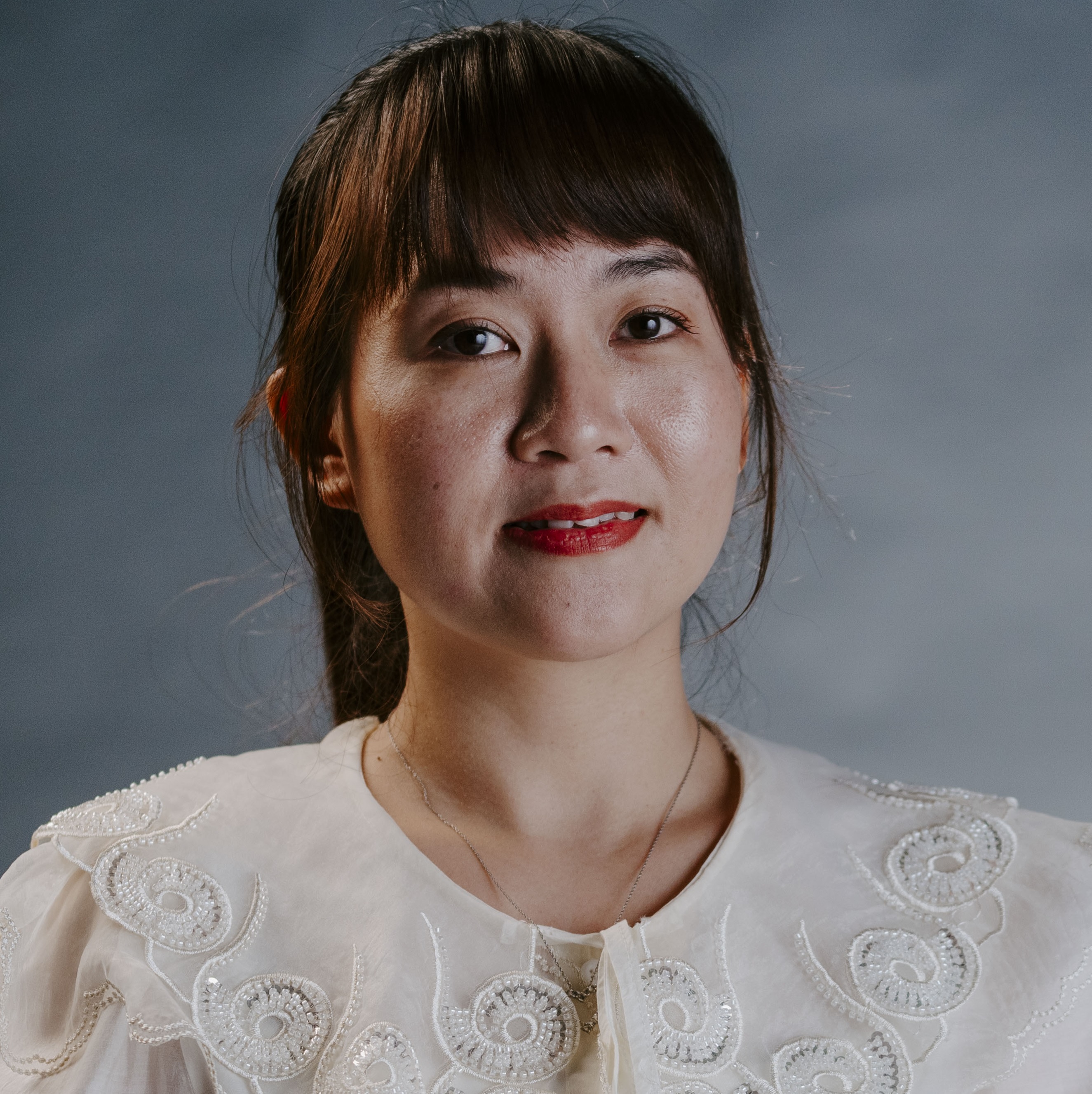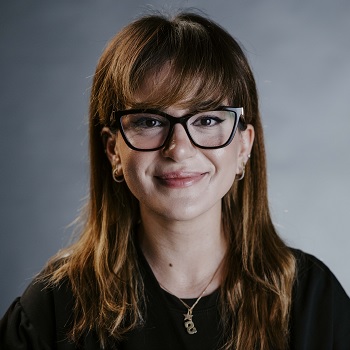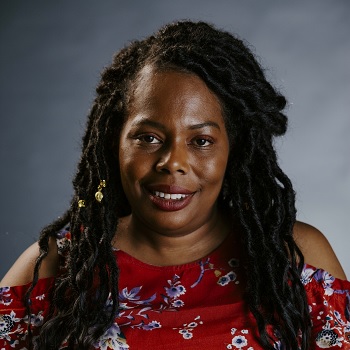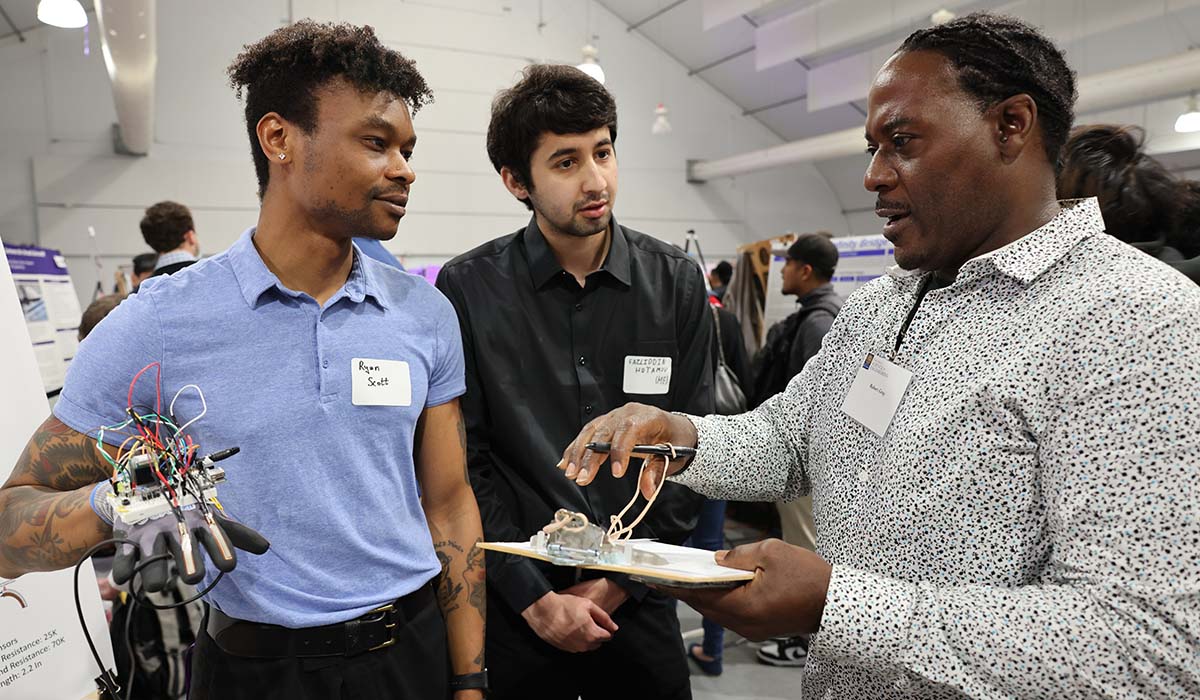SF State and Sutter Health team up to expand clinical placement opportunities for nursing students
Collaboration will grow the University’s Accelerated Bachelor of Science Nursing Program by 25%
SAN FRANCISCO (May 8, 2024) – In a strategic collaboration aimed at advancing clinical education for nursing students, San Francisco State University (SF State) and Sutter Health have joined forces to expand clinical placement opportunities. With this move, Sutter’s California Pacific Medical Center in San Francisco will provide eight clinical placement slots for SF State’s Accelerated Bachelor of Science in Nursing Program (BSNA), allowing the University to enroll 25% more students in the program.
“Sutter’s care for the local community starts with having enough skilled caregivers in place, and this collaboration speaks to how we’re working purposefully to grow our nurse pipeline,” said Sutter’s Greater San Francisco Market president Christina Oh. “The urgent need to expand the nursing workforce is undeniable, especially in the face of a rapidly aging population. We saw firsthand during the pandemic that nursing shortages strain hospitals and health care systems. Workforce shortages also lead to staff burnout. Immediate actions such as commitments from health care facilities and educational institutions, to recruit, train and retain more nurses is vital for patient well-being and helping ensure the long-term sustainability of health care systems.”
High Demand for Clinical Placement Slots
Securing clinical placement slots is an ongoing challenge for nursing programs due to high demand and limited availability. In addition, the need for more clinical instructors to provide oversight and training further exacerbates the issue. As a result, many nursing programs struggle to secure enough clinical placement slots to meet students’ educational needs. This leads to the rejection of thousands of qualified applicants each year. In 2022, nursing schools nationwide turned away 78,000 qualified applications due largely to the lack of nurse faculty and clinical training sites.
“Clinical placements are a crucial part of a nursing program, allowing students to use the knowledge and skills they learned in the classroom and apply it in the real world,” said Elaine Musselman, director of the SF State School of Nursing. “We are grateful to partner with Sutter’s CPMC to provide more of these sorely needed opportunities to our students.”
“Removing obstacles for aspiring nurses is vital for their quick integration into bedside roles,” said Hamila Kownacki, CEO of Sutter’s CPMC and also a registered nurse. “Nurses are a critical part of providing high-quality patient care, and hospitals could not function without them. At Sutter, we’re committed to building a strong workforce, and, for our nurses, this starts with making educational training opportunities available. Sutter’s CPMC works with more than two dozen nursing programs across California and beyond, and this recent collaboration with SF State can serve as an example for other hospitals to open up similar pathways to help get nurses to the field faster.”
First Cohort to Graduate in Spring ’25
The inaugural SF State BSNA cohort, set to graduate in spring 2025, is currently undergoing their fundamentals training at Sutter’s CPMC’s Mission Bernal Campus. These eight students will, over the next year, rotate through various hospital units including psychiatric and behavioral health, pediatrics and obstetrics, and medical-surgical at Sutter’s CPMC. Upon graduation and passing their national nurse exam, the students are eligible to apply for permanent positions at Sutter’s CPMC or another hospital or health care facility.
“SF State has been an excellent opportunity for me to meet people who are like-minded, compassionate and excited to learn the nursing profession in an environment full of hands-on learning experiences,” said SF State nursing student Nate Challis.
Challis adds, “Nurses are in such high demand and that’s in large part because nurses at their core are fixers. We fix problems. I love what Sutter’s done by offering these [clinical placement] opportunities to SF State BSNA students to go directly to work. Not only are the clinical sites at Sutter’s CPMC incredible, but the nursing instructors are highly skilled. We’re fortunate to have access to Sutter’s cutting-edge facilities and cutting-edge technologies across different parts of San Francisco. We also get exposure working with many different populations and people who have different backgrounds and understandings, which will set us up for success in the future.”
Nursing at Sutter Health
Sutter’s more than 16,200 nurses represent the largest part of the organization’s workforce. These essential caregivers help deliver high quality, equitable and safe care to Sutter Health patients in communities big and small across Northern California.
“Sutter’s nursing philosophy, which includes being a force for good, provides a framework to inspire nurses, reminds them why they entered the profession and highlights their unique role in their patients’ healing process,” said Sutter Health’s Chief Nurse Officer Anna Kiger. “Such a fulfilling work environment allows our organization to retain and attract the most talented nurses who are capable of reaching their unlimited potential while with us.”
Sutter Health is proud to partner with more than 80 nursing programs across its 22 hospitals. In 2023, the organization partnered with Samuel Merritt University to champion health equity through a new Health Equity Nursing Fellowship program, where new and future fellows hope to empower the next generation of nurses committed to narrowing health disparity gaps. Details on this fellowship and the application are available on the Samuel Merritt University website.
About Sutter Health
Sutter Health is a not-for-profit, people-centered health care system providing comprehensive care throughout California. Sutter Health is committed to health equity, community partnerships, and innovative, high-quality patient care. Today, Sutter Health is pursuing a bold new plan to reach more people and make excellent health care more connected and accessible. The health system’s 57,000+ staff and clinicians and 12,000+ affiliated physicians currently serve more than 3 million patients with a focus on expanding opportunities to serve patients, people and communities better. Sutter provides exceptional, affordable care through its hospitals, medical groups, ambulatory surgery centers, urgent care clinics, telehealth, home health and hospice services. Dedicated to transforming health care, at Sutter Health, getting better never stops.
Learn more about how Sutter Health is transforming health care at sutterhealth.org and vitals.sutterhealth.org.
About San Francisco State University
San Francisco State University is a public university serving students from the San Francisco Bay Area, across California and around the world, with nationally acclaimed programs that span a broad range of disciplines. More than 23,000 students enroll at the University each year, and its nearly 293,000 graduates have contributed to the economic, cultural and civic fabric of San Francisco and beyond. Through them — and more than 1,800 world-class faculty members — SF State proudly embraces its legacy of academic excellence, community engagement and commitment to social justice. For more information, visit sfsu.edu.
###
